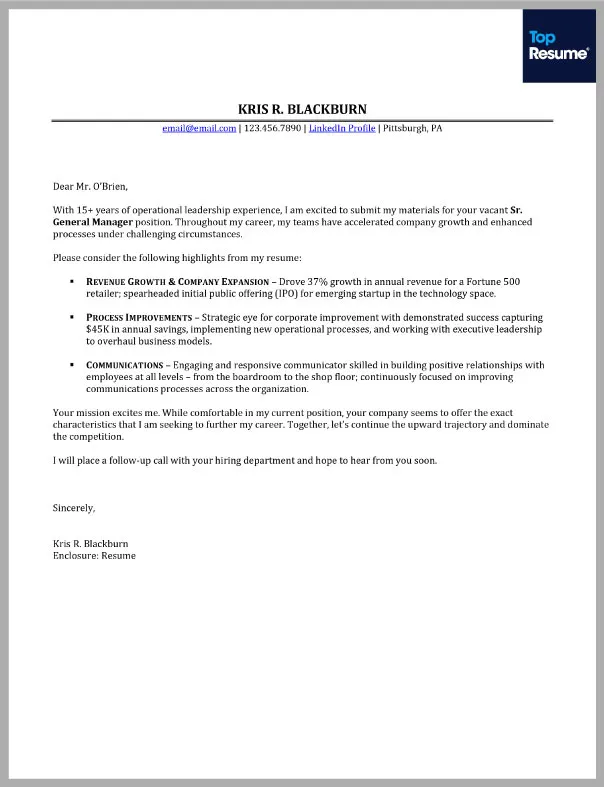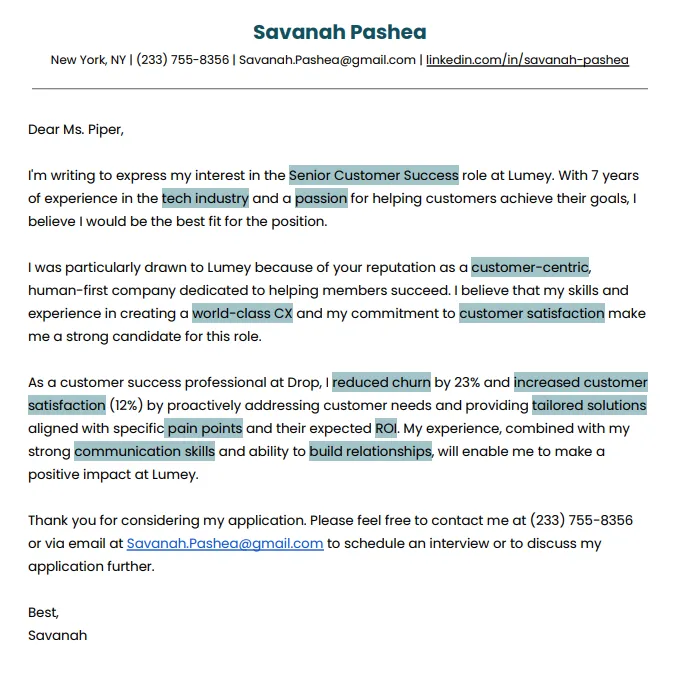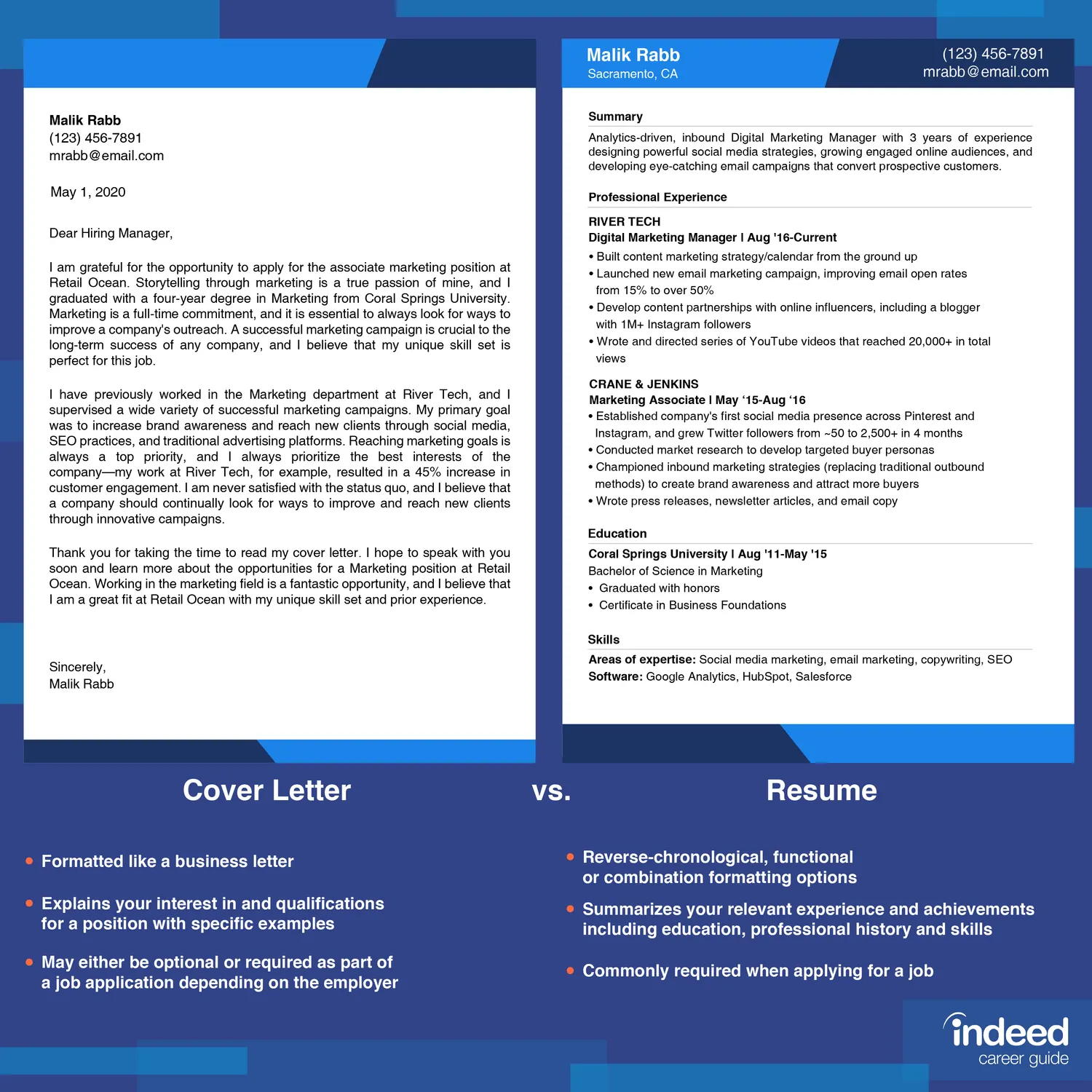Top 7 Cover Letter Secrets Revealed
A cover letter is more than just a formality; it’s your first impression on a potential employer, a chance to showcase your personality, and highlight why you’re the perfect fit for the role. Many job seekers underestimate the power of a well-crafted cover letter, treating it as an afterthought to their resume. However, a compelling cover letter can significantly increase your chances of landing an interview. It’s an opportunity to elaborate on your skills, experiences, and motivations, setting you apart from other applicants. Mastering the art of cover letter writing involves understanding key secrets that can transform a generic letter into a powerful tool. This guide unveils seven essential strategies to help you craft a cover letter that grabs attention and gets you noticed.
Highlighting Your Skills
One of the most crucial cover letter tips is to emphasize your skills and how they align with the job requirements. Don’t simply list your skills; demonstrate how you’ve used them to achieve results. Use the job description as your guide, identifying the key skills the employer is seeking. Then, provide specific examples from your past experiences where you’ve utilized those skills. This could include projects you led, problems you solved, or goals you achieved. For instance, if the job requires strong communication skills, you might describe a situation where you effectively communicated complex information to a diverse audience, leading to a positive outcome. This targeted approach shows that you’re not just capable of doing the job but that you have a track record of success. This involves not just listing your skills but also providing concrete examples of how you have used those skills effectively in the past. This approach allows you to prove, rather than just state, your capabilities.
Tailoring Your Letter

Generic cover letters are easily spotted and often discarded. Tailoring your cover letter to each specific job is essential. This means taking the time to understand the requirements of the role and the values of the company. Review the job description carefully and incorporate keywords from the posting into your letter. Address the letter to a specific person, if possible; this shows you’ve done your research and are genuinely interested in the opportunity. Customizing your letter demonstrates to the hiring manager that you’ve taken the initiative to understand their needs and that you’re genuinely interested in the specific role. This personalized approach significantly increases your chances of making a positive impression, setting you apart from candidates who have submitted generic applications. Tailoring your cover letter is more than just a formality, it’s a strategic move to show that you are genuinely interested in the role and the company.
Researching the Company
Before you even begin writing, research the company. Understand their mission, values, and recent achievements. Visit their website, read news articles, and check their social media profiles. This research provides valuable insights that you can use to personalize your cover letter. Mentioning specific company initiatives or projects in your letter demonstrates your genuine interest and understanding of their business. For example, you might comment on a recent product launch or a company’s commitment to sustainability. This shows that you’re not just looking for a job, but that you’re invested in the company’s success. The research phase allows you to align your skills and experiences with the company’s specific needs and goals, making your application more impactful. You can also gain insights into the company culture, allowing you to tailor your tone and language to match their values.
Show, Don’t Tell
Instead of simply stating that you possess certain skills, provide evidence to back up your claims. This means using specific examples to illustrate your abilities. For instance, don’t just say you’re a strong leader; describe a situation where you led a team to overcome a challenge, highlighting the strategies you used and the results you achieved. This approach makes your claims more credible and memorable. Instead of saying you are a good communicator, provide an example of how you effectively communicated with clients or colleagues, leading to a positive outcome. Quantify your achievements whenever possible. Instead of saying you increased sales, specify by what percentage. This level of detail brings your skills to life and demonstrates the value you can bring to the company. Specific examples are crucial, but so is quantifying those examples with measurable results. The more you can show, the more compelling your cover letter becomes.
Quantifying Your Achievements

Whenever possible, quantify your achievements to demonstrate the impact you’ve made in previous roles. Use numbers, percentages, and specific metrics to illustrate your accomplishments. For example, instead of saying you ‘improved customer satisfaction,’ state that you ‘increased customer satisfaction scores by 15% through the implementation of a new feedback system.’ This level of detail not only demonstrates your achievements but also provides concrete evidence of your skills and abilities. Quantifying your achievements makes your cover letter more persuasive and helps employers quickly understand the value you can bring to their organization. This could include metrics related to sales growth, cost savings, project completion rates, or any other relevant measures of success. This approach provides tangible proof of your capabilities and allows the hiring manager to understand the direct impact you can have on the company’s performance.
Proofreading Meticulously
Typos, grammatical errors, and formatting inconsistencies can undermine your credibility and make you appear unprofessional. Proofread your cover letter carefully, and then proofread it again. Consider having a friend, family member, or career advisor review your letter as well. A fresh pair of eyes can often catch errors that you might miss. Pay attention to detail, ensuring that your letter is free of errors and presented in a clear, professional format. Ensure that your contact information is correct and that all sections of the cover letter are properly aligned and formatted. Your attention to detail speaks volumes about your work ethic and commitment to quality. Take the time to thoroughly proofread your cover letter to make sure it is free of any errors. A polished cover letter demonstrates professionalism and attention to detail.
Following Up Professionally
After submitting your cover letter and resume, follow up with the hiring manager or recruiter within a reasonable timeframe. This shows your continued interest in the position and demonstrates initiative. A simple email or phone call to inquire about the status of your application can be effective. However, be mindful of the company’s application process and avoid being overly persistent. When following up, reference the specific job you applied for and reiterate your interest in the role. Use the opportunity to re-emphasize your key qualifications and how they align with the company’s needs. If the company provides a timeline for the hiring process, use that as a guide for when to follow up. This also demonstrates your professionalism and proactive approach to job searching. Be respectful of the hiring manager’s time and avoid repeated follow-ups. A well-timed and professional follow-up can leave a positive lasting impression and increase your chances of being considered for the role.
In conclusion, mastering the art of cover letter writing is a crucial skill in today’s competitive job market. By implementing these seven secrets—highlighting your skills, tailoring your letter, researching the company, showing rather than telling, quantifying your achievements, proofreading meticulously, and following up professionally—you can significantly increase your chances of landing an interview and ultimately securing your dream job. Remember that a well-crafted cover letter is not just a formality, but a powerful tool that allows you to make a strong first impression and showcase your unique value to potential employers. Put these cover letter tips into practice and watch your job application success rate soar.
